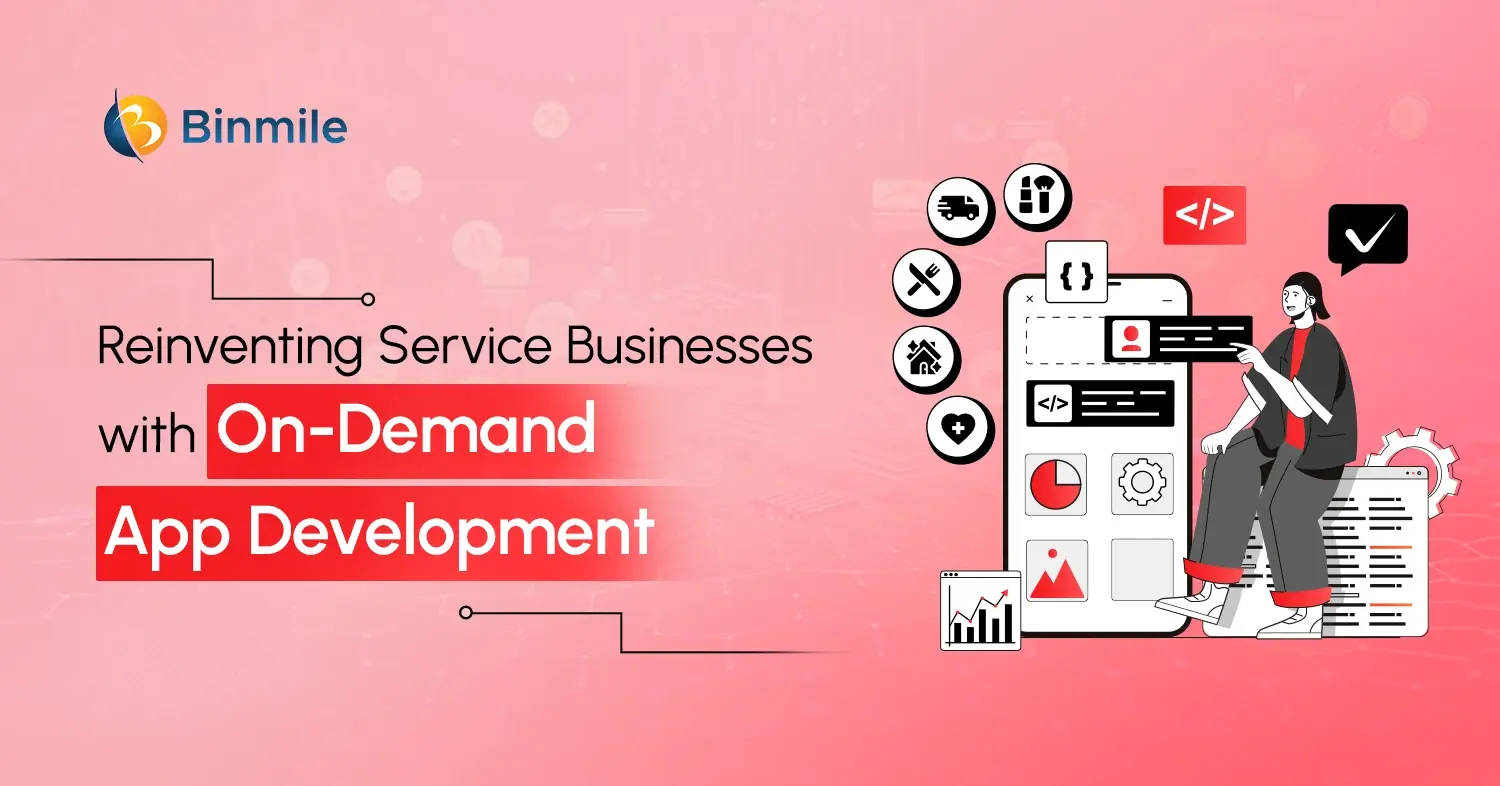The modern technology scenario is changing fast at an unprecedented pace. That is why mobile app developers prefer to adopt the latest IT innovations to make more innovative products and stay on the top. When it comes to making mobile application development efficient, DevOps emerges as a superb choice for mobile service providers. Mobile DevOps is a pattern of making software development, testing, release, and operation activities functional within organizations by working together closely. Mobile app development companies help their clients achieve their business objectives through leveraging modern technology, people, and processes. Read here how the mobile DevOps approach can bring a significant change in the mobile app development scenario concerning the importance and benefits for mobile developers.
Why DevOps for Mobile App Development
The finding of an online survey on DevOps importance to software development 2020, participated by 33,534 respondents, shows 48.1% of people see DevOps as extremely important for scaling software development worldwide. The statistics offered by the leading research firm Statista declare that 31 respondents think DevOps is somewhat important. On the other hand, 17.4% of people are neutral on the topic. Only 1.4% of people believe DevOps is not all-important for scaling software development. The outcome of a survey, ‘Global DevOps evolution and platform team responsibilities 2020,’ states that workflow automation is the responsibility of platform teams at low levels of DevOps evolution. The level of responsibilities increases with the evolvement of platform teams. DevOps is essential for modern app delivery and development for mobiles. So, IT operations and mobile application development should address the needs of mobile DevOps environments like collaboration and analytics.
From better app creation to shortened release cycle and dodging bottlenecks to using resources efficiently, there is a long list of pros that tells why mobile DevOps makes a big difference. DevOps in mobile development offers a quicker path to fix problems with the product. DevOps practice for mobile development ensures the availability of transparent visibility and instant feedback. Automation in mobile DevOps helps developers save time and utilize resources efficiently. Various tools used for mobile DevOps processes facilitate continuous integration (CI), continuous-release, and continuous deployment (CD). With the implementation of mobile DevOps practices, processes, and tools, it is easy to avoid the following bottlenecks and inefficiencies:
- Inconsistent development environments
- Lack of operational practices
- Manual interventions
- Stability and maturity of workflow
- ‘Old way’ and ‘new way’ integration
- Misaligned procedures
- Lack of ownership
- Old-fashioned or manual testing process
Benefits of Mobile DevOps Implementation
DevOps is a software engineering approach for combing Development and Operations. It brings a seamless collaboration among stakeholders like project developers, testers, managers, and other team members. With DevOps implementation, every stakeholder gets a roadmap with the proper classification of responsibilities. It means everyone ensures clear visibility of its business goals and coordination with others closely.
Christopher Little, Sr Director Analyst, Gartner, thinks DevOps is essential for digital transformation and suggests the need for better tools and approaches for DevOps in mobility. Little says, “DevOps has become essential for digital business, but DevOps for mobile app development requires different approaches and additional tools. App leaders who are responsible for DevOps can adopt the best practices for mobile apps to drive greater business value.” The mobile DevOps methodology offers the following benefits:
- Enhanced association between teams
- More time to innovate
- Faster delivery of quality application
- Quick remediation of bugs and errors
- Reduced development risk
- Superior customer experience
Business enterprises need to modernize the app development process to remain competitive. Embracing the DevOps methodology along with automation is the best way to do the same. The mobile app delivery lifecycle stages own different facets of mobile app development – from planning to building and testing to monitoring. Mobile DevOps is a perfect Mobile Lifecycle Solution for delivering assurance to mobility with enriched tools. These days, many enterprises are adopting DevOps tactics. Now, it has become challenging to go ahead with the conventional and older business model.
Summing Up
The DevOps approach emphasizes people and culture in place of tools and processes. Mobile DevOps transforms the way an organization handles the mobile app development process. Interestingly, it has become the future for mobile development organizations. Professional mobile app development companies emphasize the mobile DevOps approach to help their clients save cost and time while developing customized mobile apps.
An ideal mix of integration and collaboration and integration tools will ensure seamless interaction to overall operational and business success.









